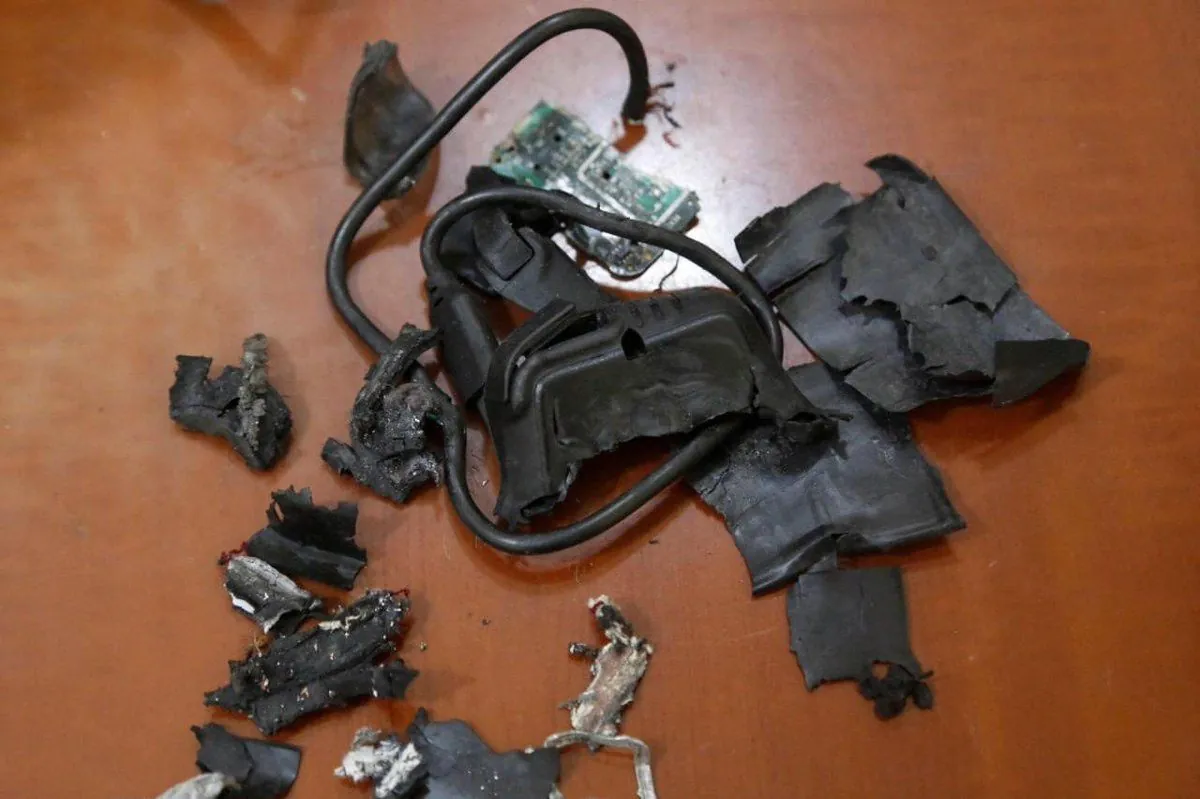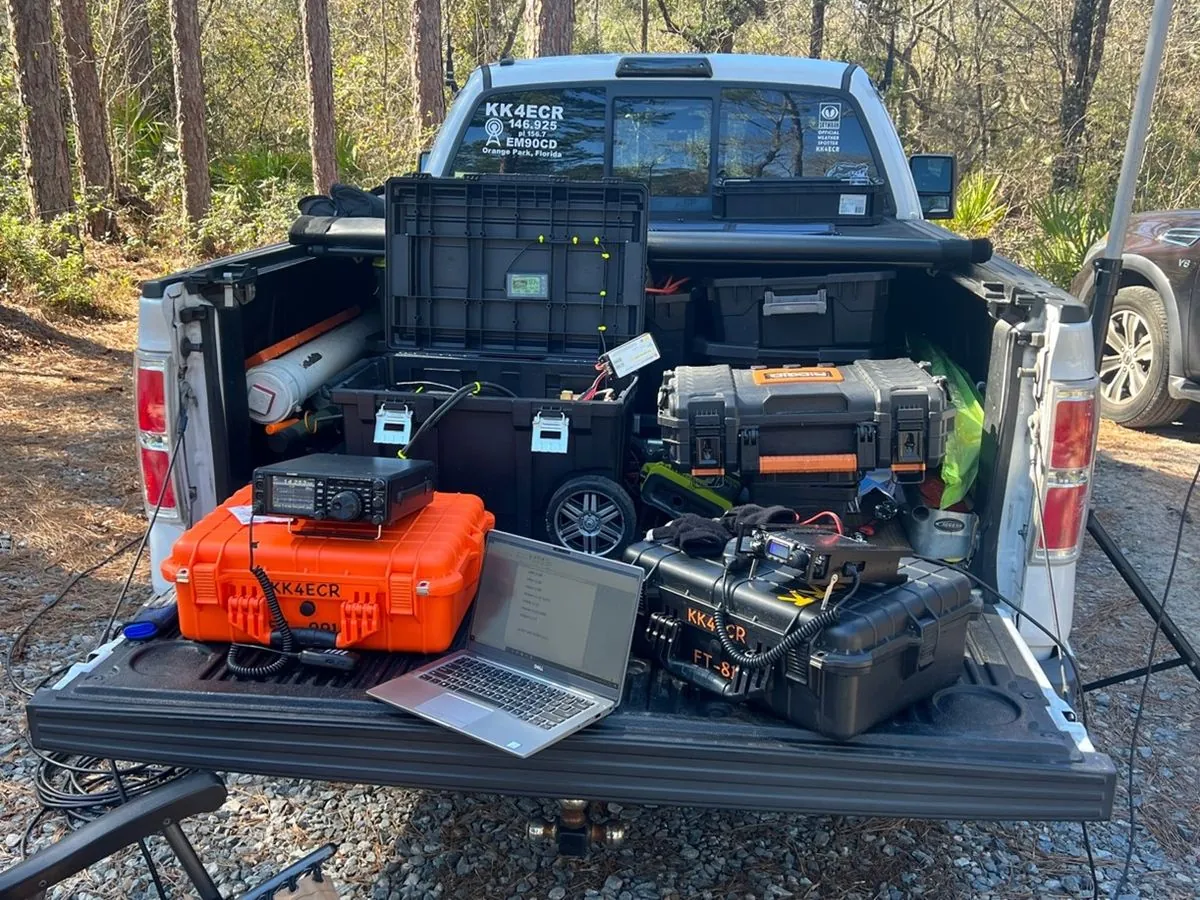Icom Probes Lebanon Explosions Linked to Two-Way Radios
Japanese manufacturer Icom investigates explosions in Lebanon allegedly involving their two-way radios. The incident, following a similar attack with pagers, has raised international concern.

In a series of events that have shocked Lebanon, explosions linked to electronic devices have claimed lives and injured hundreds. The latest incident, occurring on 2024-09-18, involved two-way radios allegedly manufactured by Icom, a Japanese company.
Icom, founded 70 years ago in Osaka, stated on 2024-09-19 that they are investigating the incident. The company, known for producing amateur, marine, and aviation radios, has a global presence with subsidiaries in five countries.
"It was reported that a radio with a sticker bearing our company logo exploded in Lebanon early this morning. We are currently investigating the facts of this incident. We will update you on our website as new information becomes available."
The explosions, which resulted in at least 20 fatalities and over 450 injuries, followed a similar attack the previous day involving pagers. The devices in question appear to be the IC-V82 model, discontinued a decade ago.
Ray Novak, a senior sales manager for Icom America, suggested the possibility of counterfeit products being involved. He emphasized that the IC-V82 model, introduced over two decades ago, was popular among amateur radio operators for emergency communications, including tracking severe weather events like tornadoes and hurricanes.

The incident has raised concerns about the vulnerability of older communication technologies. Hezbollah, a Lebanese political party and militant group, had reportedly shifted to these devices, considering them more secure than mobile phones.
The previous day's attack, involving pagers bearing the logo of Taiwanese manufacturer Gold Apollo, has also come under scrutiny. Gold Apollo denied manufacturing the devices, attributing their production to a Hungarian company, BAC Consulting KFT.
Wellington Koo, Taiwan's Defense Minister, stated that Taipei is closely monitoring the situation. Meanwhile, the Hungarian government has distanced itself from the incident, clarifying that BAC is merely a trading intermediary with no manufacturing presence in Hungary.
As investigations continue, these events have drawn international attention to Lebanon, a country still grappling with the long-term effects of its 15-year civil war that ended over three decades ago. The use of seemingly innocuous communication devices in these attacks has raised new concerns about security and the potential for everyday objects to be weaponized.
The incidents underscore the complex geopolitical landscape in the region, with Israel neither confirming nor denying involvement in the attacks. As the situation unfolds, the international community watches closely, awaiting further developments in this unprecedented use of modified electronic devices as weapons.


































